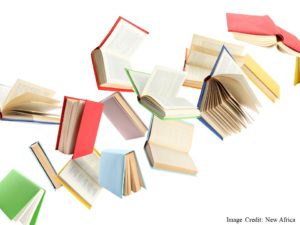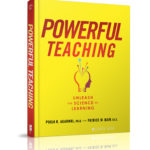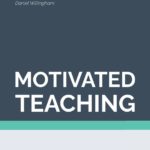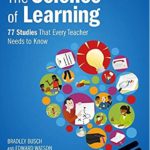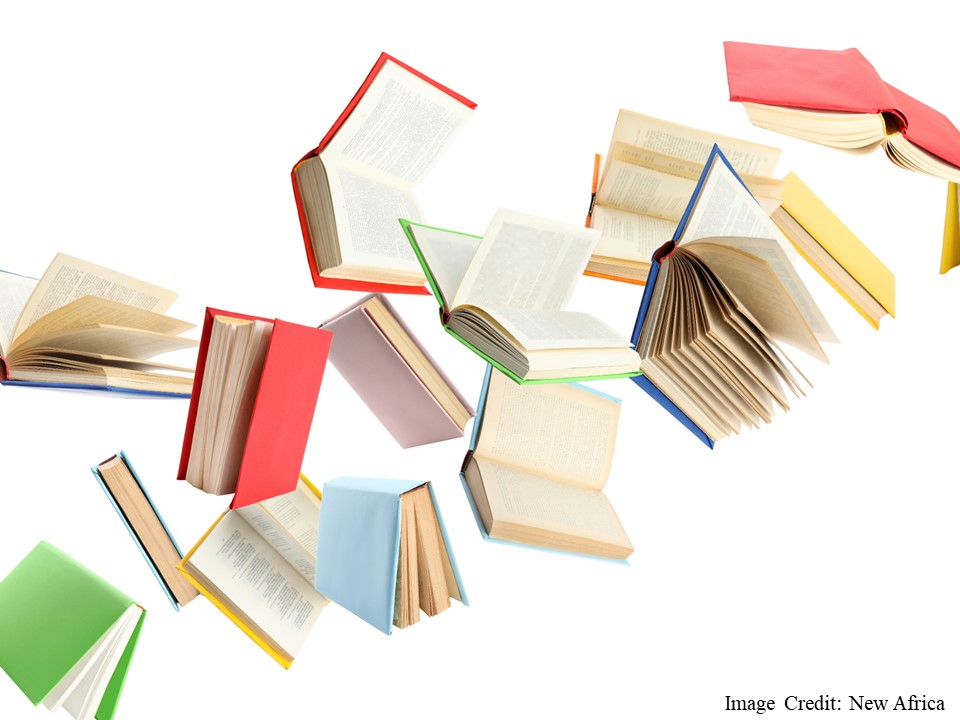
When I started in this field, back in 2008, we all HUNGERED for good books.
After all, teaching is profoundly complicated.
And, psychology is mightily complicated.
And, neuroscience is fantastically (unbearably?) complicated.
If we’re going to put those three fields together — and that is, after all, the goal — we need authors who know a great deal about three complicated fields.
These authors need to know enough to synthesize those fields, and explain that synthesis clearly. Can it even be done?
Back in 2008, the goal seemed unreachable…
Places to Start
Since then, the publishing pace has started to pick up. In fact, we now face the reverse problem: too many good books.
My stack of “I must read these RIGHT NOW or I will lose all credibility” books gets taller by the week.
Where to begin?
Long-time readers know one of my mantras:
Don’t just do this thing; instead, think this way.
Applied to book recommendations, that mantra becomes:
I shouldn’t just recommend individual books; instead, I should suggest helpful categories of books.
So, these three categories seem most helpful to me.
Getting Specific
When authors combine teaching, psychology, and neuroscience, they can focus their interest on one specific topic.
This approach has lots of benefits. In particular, one-topic books can explore the field in depth, give lots of classroom examples, delve into critical nuances.
So, for instance, if you’d like to learn more about long-term memory formation, you won’t do much better that Powerful Teaching by Agarwal and Bain.
Carol Dweck’s book on Mindset is, of course, a classic in the motivation field. But: if you want to explore motivation more substantially, you really should know Peps Mccrea’s Motivated Teaching.
How about adolescence? I’m a big fan of Lisa Damour’s Untangled: wise, practical, funny, humane.
Blog readers certainly know that working memory deserves all the attention it can get. Ollie Lovell’s recent Cognitive Load Theory in Action makes this theoretical approach as concrete as possible. (My own book Learning Begins focuses on working memory without the cognitive load theory framework.)
You might even want to know about the role of evolution in this field. Paul Howard-Jones’s Evolution of the Learning Brain is a delightful and informative read.
Ready for More
These books — and MANY more — explore one topic in depth.
However, you might be ready to put all those small pieces together. These authors consider the individual pieces (attention, stress, evolution, working memory), and try to build them together into a coherent picture.
The first of these put-the-pieces-together books, of course, i
The first book of its kind for a general audience, WDSLS? boils all those topics above into several core principles: “factual knowledge must precede skill” or most famously, “memory is the residue of thought.”
Now in its third edition, this book offers splendid and friendly guidance for those of us who want psychology (and some neuroscience) research to guide our thinking.
You mig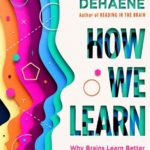
Being careful not to confuse the titles, you might also grab Understanding How We Learn, by Weinstein and Sumeracki. These two scholars founded The Learning Scientists, a consistently excellent source of online wisdom in this field.
If you’d rather read a synthesis book by classroom teachers (rather than university professors), Neuroteach by Glenn Whitman and Ian Kelleher provides all the scholarly background knowledge combined with a teacher’s practical insights.
All these books — and others like them — unite various topics into a coherent and thoughtful system.
Build Your Own Adventure
The first category of book explores one topic in depth. The second category puts several topics together in a coherent, unified structure.
The third category provides the individual pieces (like the first category) and lets the reader synthesize them (like the second category).
I think of two major players in this field.
Back in 2019, Bradley Busch and Edward Watson (no relation that I know of) published The Science of Learning. This book — and a follow-up volume — offers 2-page summaries of 77 studies in several core topics: metacognition, parents, memory, and so forth.
Busch and Watson, in effect, provide teachers many vital building blocks. We can then use those blocks to build our own structures — that is, our own synthesis.
Each of us is our own Dan Willingham.
In 2020, Paul Kirschner and Carl Hendrick published How Learning Happens: Seminal Works in Educational Psychology and What They Mean in Practice.
As the title suggests, this volume explores 25+ papers making foundational arguments about the intersection of psychology and teaching.
How can we invite students to think more deeply? What is the role of elaboration? Why and how should we make thinking visible? Kirschner and Hendrick explore those questions by carefully summarizing and unpacking the most important papers investigating them.
Earlier this year, Jim Heal joined Kirschner and Hendrick to publish How TEACHING Happens, looking at similar questions for teachers and teaching.
Here again, we teachers can use these building blocks to build our own synthesis.
My synthesis might not look like yours.
But that’s okay: I’m a high school English teacher; you might be a 2nd grade reading specialist; whereas he might be a college music theory professor. We need (slightly) different syntheses, because we do different things, and are different people.
Where to Begin?
I suspect that the best place to begin depends on your prior knowledge. (Of course, almost all learning depends on prior knowledge.)
If you’re new-ish to the field, probably single-topic books will give you the biggest bang for your reading buck.
You won’t learn everything about the field, but you will know enough about one topic to make real progress.
Once you’ve got a good foundation laid, I think the synthesis books will offer lots of wisdom.
After all, teachers need to think about attention AND memory AND stress AND development. If I have some prior knowledge about most of those topics, I’ll have some real chance to understand how Willingham (and Dehaene, and Weinstein/Sumeracki, and Whitman/Kelleher) put those ideas together.
Or, perhaps you’re more of a choose-your-own-adventure reader. If you like the cognitive quest of building your own castle, these books (Busch/Watson, Kirschner/Hendrick/Heal) give you the very best research bricks to build with.
And, honestly, at some point, we all need to do this synthesis work ourselves. That is: we all need to build our individually tailored models.
Because we teach different curricula to different age groups in different cultural contexts, we will draw more on some kind of research than others.
And, of course, our students might have different learning profiles. And, of course, each of us has our own strengths and muddles in the classroom.
In other words: I suspect we all need to start by studying specific topics. And, someday, we will all be grateful for the books that help us create our own unique syntheses.
Author’s confession: I could EASILY double the length of this post by including more books I love and admire. I’m trying to give a useful sample; in doing so, I’m inevitably leaving out lots of splendid texts.
Perhaps in the comments you can add your own favorite book!
